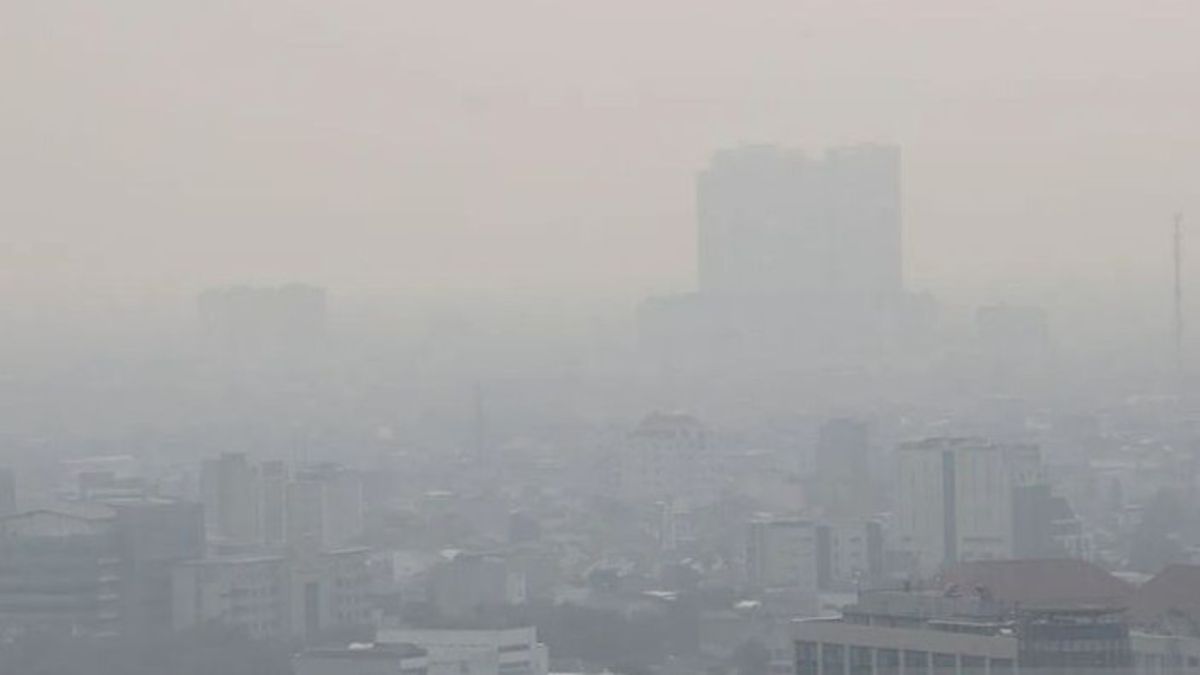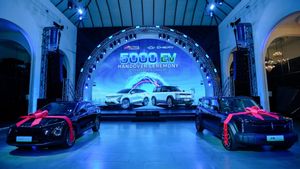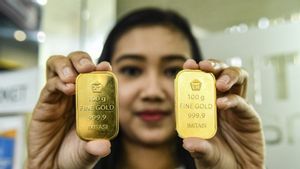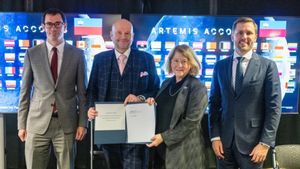JAKARTA - The Ministry of Environment and Forestry (KLHK) stated that the transition from conventional oil-fueled vehicles to electric vehicles has become very essential for residents in Jakarta.
Director General of Environmental Pollution and Damage Control of the Ministry of Environment and Forestry, Sigit Reliantoro, said that the use of fuel oil for vehicles has contributed large-scale emissions to make air quality unhealthy for humans.
"It seems that we have run out of here (air pollution), we intend to convert motorbikes to electricity or buy electric vehicles," he said as quoted by ANTARA, Friday, August 11.
In 2020, Bloomberg Philanthopics and Vital Strategies published an inventory report of air pollution emissions in Jakarta.
Based on the results of the inventory, said Sigit, the sources of fuel emissions used in Jakarta are 0.42 percent of coal, 49 percent of oil, and 51 percent of gas.
Then, the percentage of fuel use in Jakarta according to its sectors is 44 percent transportation, 31 percent energy industry, 10 percent manufacturing industry, 14 percent housing, and 1 percent commercial.
According to Sigit, the study puts sulfur dioxide in the first position of all emissions and air pollution sources in Jakarta with a figure of 61.96 percent of the total 4,254 tons.
The sulfur dioxide emission is produced by a power plant from the manufacturing industry.
"If other pollution is nitrogen oxide (NOx) and carbon monoxide (CO), PM10, PM2.5, black carbon, the non-methanic volatile organic compound (NMVOC) is mostly caused by motorized vehicles," he explained.
The English, Chinese, Japanese, Arabic, and French versions are automatically generated by the AI. So there may still be inaccuracies in translating, please always see Indonesian as our main language. (system supported by DigitalSiber.id)













